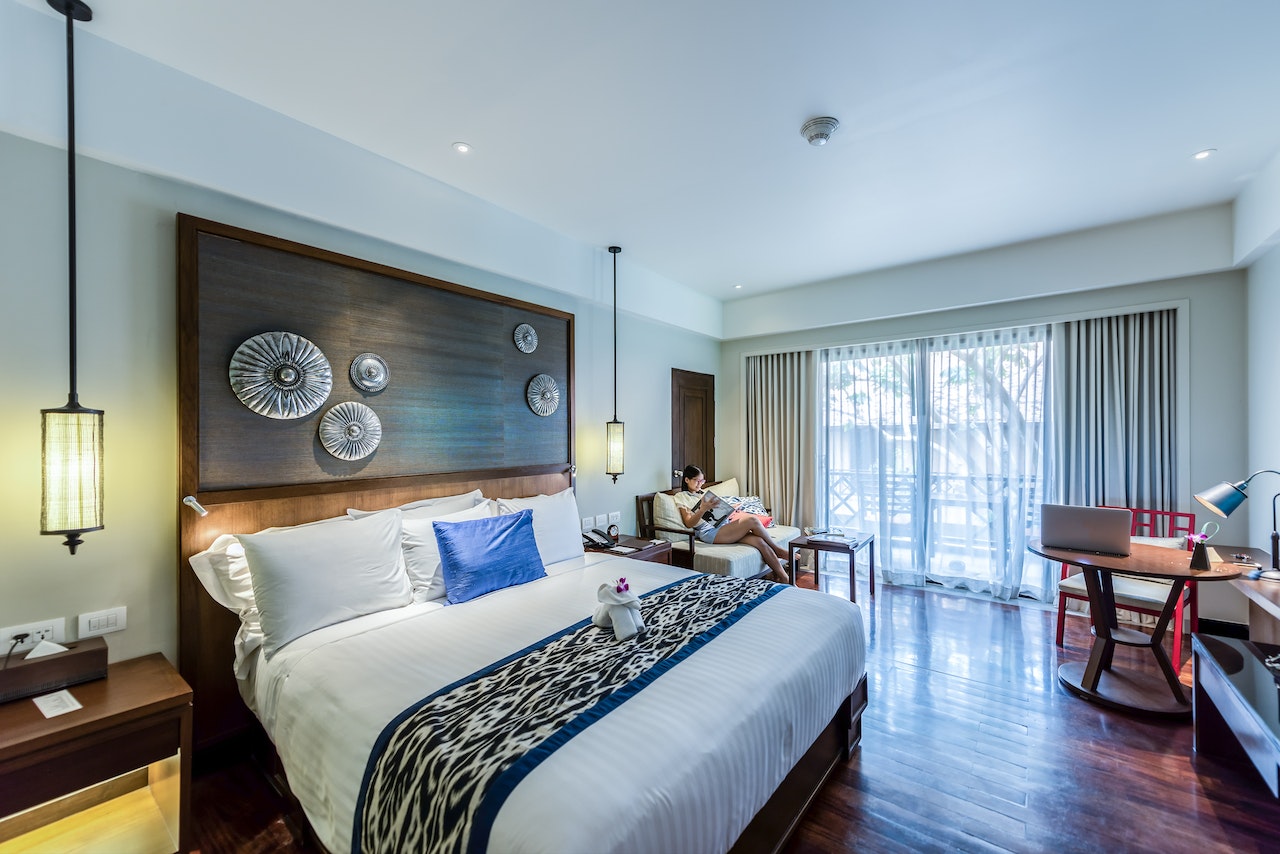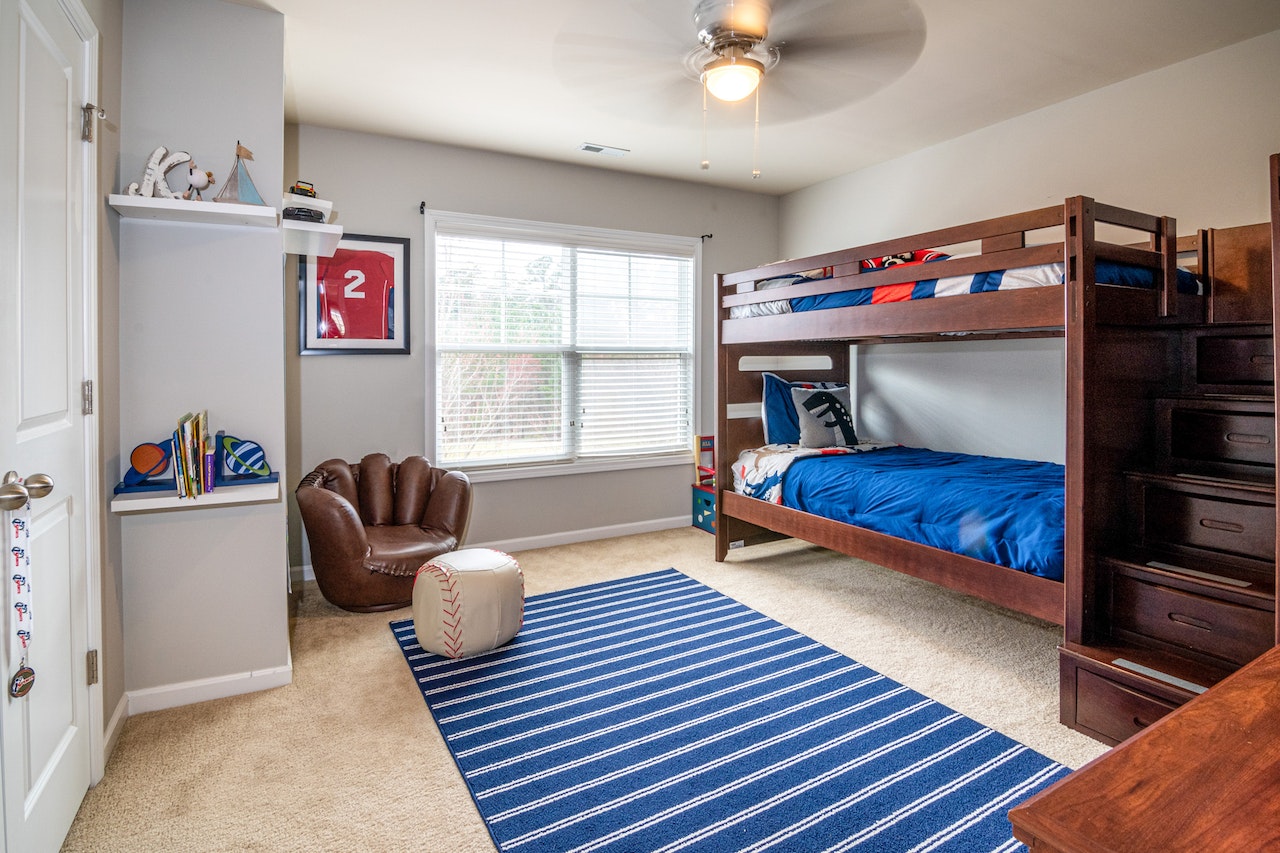Has it ever crossed your mind how the influx of digital transformation in the hospitality industry might have inadvertently thrown open the gates to cyber threats? If not, it’s high time. In a world where everything is becoming interconnected, the managers cannot afford to overlook the significance of robust hotel cybersecurity measures.
The Digital Evolution and its Consequences
Remember the days when hotel check-ins were manual and reservations were tracked on paper? Those times have long passed. Today, the bulk of hotel operations, from booking to billing, happen online. While this has indisputably made our lives easier and businesses more efficient, it has also unveiled an array of cyber vulnerabilities. Ask yourself, with all the confidential data your establishment handles daily, are you truly fortified against potential cyber-attacks?
Most hoteliers might affirmatively nod, believing that their basic firewalls and antivirus software are adequate. Unfortunately, that’s a gross underestimation. Cybercriminals are evolving, and their tactics are growing more sophisticated with each passing day.
Why Hotels? Understanding the Attraction for Cybercriminals
You might wonder, why would a cybercriminal target a hotel rather than, say, a bank? The answer is manifold. Hotels, particularly established chains, possess a wealth of data that includes not only credit card information but also personal details of guests. This makes them a veritable goldmine for cyber thieves. Moreover, with various entry points like online booking systems, Wi-Fi networks, and point-of-sale systems, hotels can present multiple vulnerabilities if not adequately safeguarded.
But there’s more. Hotels often interact with a plethora of third-party vendors – from online travel agencies to laundry services. Each of these interactions can potentially introduce vulnerabilities if not managed with utmost cyber hygiene.
The comprehensive approach to hotel cybersecurity should include modern security systems.
To enhance your understanding of hotel cybersecurity, especially in the context of this comprehensive guide, I recommend exploring a few key resources. Firstly, the National Institute of Standards and Technology (NIST) has developed a practical cybersecurity guide specifically tailored for the hospitality industry. This guide focuses on securing property management systems (PMS), which are highly vulnerable to cyber-attacks due to the sensitive guest information they store. The three-part guide offers detailed guidance on implementing cybersecurity measures using commercially available products. It’s designed to help hotel owners control and limit access to their PMS, protecting guest privacy and payment card information. The guide addresses concepts like zero trust architecture, moving target defense, and tokenization of credit card data
The Real-World Implications
Let’s discuss consequences.
A security breach can lead to financial losses, yes. But have you contemplated the reputational damage? For an industry that thrives on trust and customer loyalty, a cybersecurity lapse can be catastrophic. A single cyber incident can undo years of brand building and customer relationships.
An Ounce of Prevention
So, where does one begin? The first step is acknowledgment. Recognizing that there’s a potential problem is half the battle won. From there, a multi-faceted approach involving employee training, infrastructure upgrades, and continuous monitoring can pave the way to a more secure cyber environment.
In subsequent sections of this guide, we’ll delve deeper into specific threats facing the hospitality sector and the solutions that can help shield against them. Cybersecurity isn’t a one-time effort; it’s an ongoing journey. And as hotel managers or stakeholders in the hospitality industry, it’s crucial to be proactive and well-informed.
Cyber Threats Specific to the Hospitality Sector
The digital age has brought along a host of benefits, but it’s also brought an ever-expanding list of cyber threats. Have you ever pondered which of these threats could specifically impact your hotel? Let’s identify and shed light on a few:
Phishing Attacks
These are deceptive maneuvers where cybercriminals pose as legitimate entities to trick employees or guests into revealing sensitive information. Imagine a situation where a staff member receives an email claiming to be from a top executive, asking for immediate transfer of funds. Would they recognize the deceit? Or would they unwittingly comply?
Ransomware
A malevolent software that encrypts your data, making it inaccessible. Cybercriminals then demand a ransom for its release. Think about it: all your reservations, billing information, and guest data held hostage. Can you afford such a disruption?
Distributed Denial of Service (DDoS) Attacks
Here, attackers flood a network or system with an overload of requests, causing it to crash. Now picture this: your hotel’s booking system goes offline during peak season. How much business would that cost you?
A report by Trustwave sheds light on the distinctive cybersecurity risks encountered by the hospitality sector. It highlights that nearly 31% of hospitality organizations have reported a data breach, with 89% affected more than once a year. The report covers various attack methods used by cybercriminals, including brute forcing, exploiting vulnerabilities, and attacking exposed open ports. These incidents not only have financial implications but also cause significant harm to a hotel’s reputation, especially in the highly competitive hospitality industry. The report further discusses challenges unique to the sector, such as the adoption of contactless technology and high turnover of guests and employees, making cybersecurity a complex yet critical issue.
IoT Vulnerabilities
As hotels integrate smart technologies—everything from digital room keys to AI-driven room service—there arises a host of potential vulnerabilities. How secure are these smart devices? Could they be the weakest link in your cybersecurity chain?
Mitigating the Risks: Best Practices for Hotel Managers
Having identified potential threats, the next logical step is mitigation. But where to start?
1. Employee Training
It’s often said that the weakest link in any cybersecurity chain is the human element. Thus, comprehensive and regular training for your staff is paramount. Ensure they can recognize and report phishing attempts, suspicious activities, and potential threats.
2. Network Segmentation
Isolate different parts of your hotel’s network. For instance, keep your guest Wi-Fi network separate from the network that houses your point-of-sale systems. Such segmentation can prevent an intruder from gaining access to all systems from a single entry point.
3. Regular Backups
Ensure all critical data is backed up regularly and securely. In the unfortunate event of a ransomware attack, having an up-to-date backup can mean the difference between a minor hiccup and a major catastrophe.
4. Multi-Factor Authentication (MFA)
Implement MFA for accessing sensitive areas of your IT infrastructure. By doing so, even if an attacker manages to steal a password, they’d be stymied without the additional layer of authentication.
5. Collaborate with IT Experts
While you’re an expert in hospitality, cybersecurity requires its own expertise. Collaborate with IT professionals who can guide you, recommend solutions, and help keep your systems updated against the latest threats.
Cybersecurity and Data Privacy Risks in the Hotel Sector

Navigating the intertwined paths of cybersecurity and data privacy is becoming increasingly crucial for the hotel industry. Why? Because in an age dominated by digital interactions, data has become one of the most valuable assets a hotel can possess. But with great power comes great responsibility. How do hotels ensure that this wealth of information is not only secure from malicious threats but also handled with the utmost respect for individual privacy?
The Convergence of Cybersecurity and Data Privacy
One might think that cybersecurity and data privacy are one and the same. However, there’s a subtle distinction. While cybersecurity focuses on protecting data from external threats, data privacy is about how this data is used, stored, and shared, ensuring that individuals’ rights are preserved. For a hotel manager, understanding this convergence is paramount.
Ask yourself this: Beyond merely protecting guest data from hackers, are you also ensuring that this data isn’t misused or shared without proper consent?
Key Risks and Implications
1. Regulatory Fines and Repercussions
Around the globe, regulatory bodies are becoming stringent about data privacy. Regulations such as the GDPR in Europe or the CCPA in California can impose hefty fines on establishments that mishandle personal data. For hotels operating in multiple jurisdictions, compliance becomes even more complex. Can your hotel afford the financial setback of non-compliance?
2. Loss of Trust and Brand Reputation
The bond between a hotel and its guests is founded on trust. A breach, especially one that compromises personal data, can shatter this trust. And in an age where news travels fast, how long before a single incident impacts bookings and loyalty?
3. Operational Disruptions
Beyond financial implications, a data breach can lead to operational hiccups. Think of the time and resources spent in managing the aftermath, from legal consultations to PR damage control. Are you prepared for such disruptions?
Addressing the Challenges: Hotel Cybersecurity
1. Regular Data Audits
Conduct periodic audits to ascertain what data you have, where it’s stored, and who has access. This not only helps in identifying vulnerabilities but also ensures you’re collecting only what’s necessary, adhering to data minimization principles.
2. Privacy Policies and Transparency
Maintain clear and accessible privacy policies. Ensure guests are informed about how their data is used, stored, and, if applicable, shared. Transparency fosters trust.
3. Encrypted Data Storage
Encrypt sensitive data. Whether it’s stored in cloud databases or on-premises servers, encryption adds an additional layer of protection, ensuring data remains unreadable even if accessed.
4. Regular Staff Training on Data Privacy
Your staff should not only be aware of cyber threats but also the nuances of data privacy. They should know the protocols for collecting, accessing, and sharing guest data.
5. Engage with Legal Experts
Data privacy laws are continually evolving. Engage with legal experts familiar with the hospitality sector to ensure your hotel remains compliant with the latest regulations.
Conclusion
For the hotel industry, walking the tightrope between offering personalized guest experiences and maintaining data privacy can be challenging. However, in a world where personal data is akin to gold, protecting it is not just a legal obligation but a moral one. By acknowledging the intertwined nature of cybersecurity and data privacy, hoteliers can pave the way for a safer, more trustworthy future in hospitality.





























